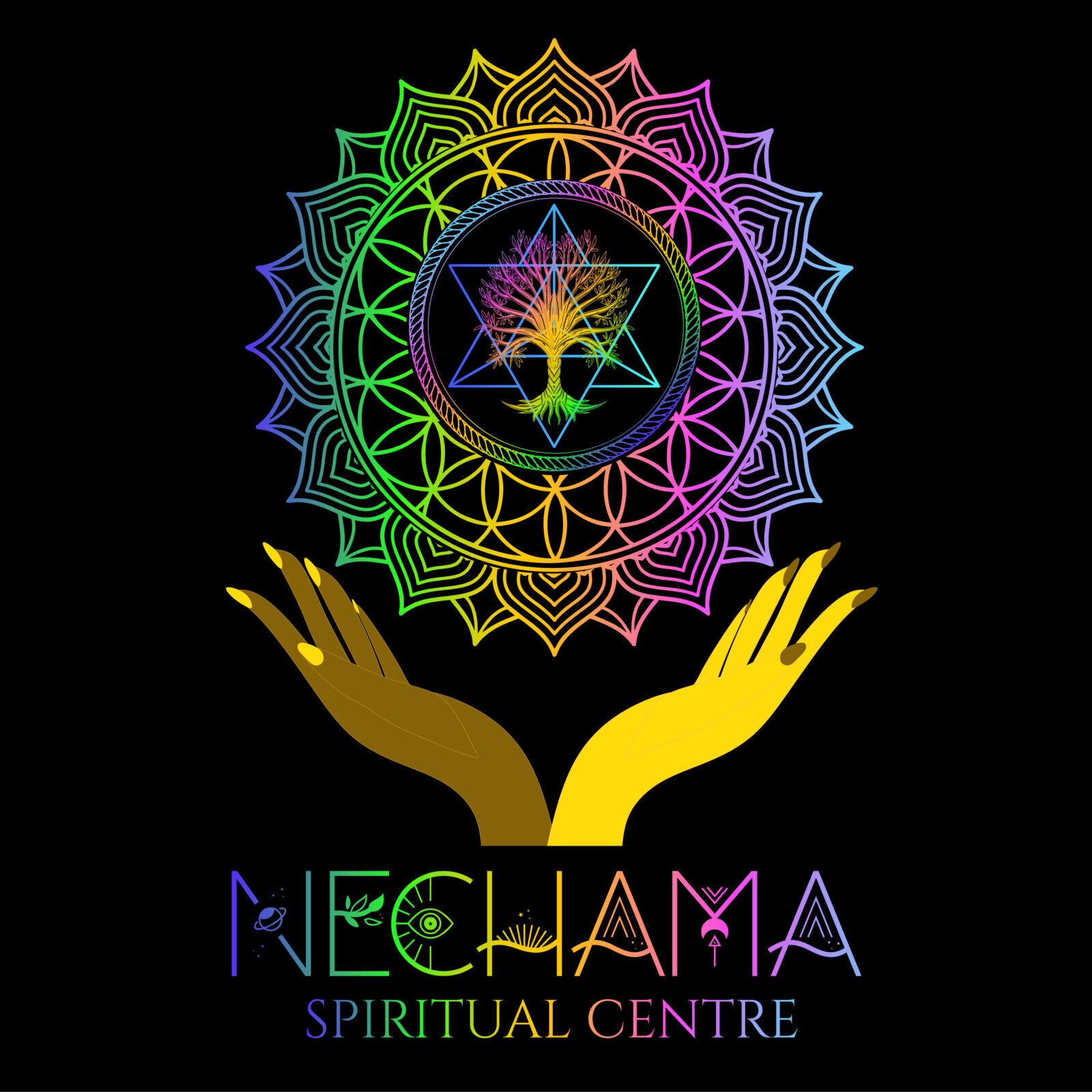Free Will & Divine Will: The Dance Between Choice and Destiny
The Age-Old Paradox: Who Guides the Path?
One of the most profound questions in human existence is the interplay between free will and divine will. Are we the architects of our own fate, or do unseen forces shape our destiny? This paradox has fascinated philosophers, theologians, and mystics alike.
Throughout history, different traditions have sought to reconcile the tension between human autonomy and a higher guiding force. Some suggest that free will is an illusion, that we are simply playing out a script woven by divine hands. Others argue that we co-create our lives, shaping our futures through conscious choice, while divine will provides the framework within which our free will operates.
Free Will: The Power of Personal Choice
The concept of free will suggests that humans have the capacity to make choices independently of fate or divine intervention. This is echoed in the Bhagavad Gita (18:63), where Krishna tells Arjuna: “Thus, I have explained to you this wisdom that is more secret than all secrets. Ponder over it deeply, and then do as you wish.”
This passage implies that while divine wisdom is available to us, the ultimate decision lies within our own hearts. Similarly, Einstein remarked, “Man can do what he wills, but he cannot will what he wills.” This suggests that while we have agency in making choices, the deeper motivations behind those choices might be shaped by forces beyond our immediate awareness.
Another powerful quote, often attributed to an unknown source, states: “You are free to make whatever choice you want, but you are not free from the consequences of that choice.” Here, the dynamic between free will and the law of cause and effect is illuminated—our choices create ripples that extend beyond our individual actions.
Divine Will: The Unseen Hand of Guidance
On the other side of the spectrum, many spiritual traditions teach that there exists a divine will, an overarching intelligence that shapes the unfolding of reality. In Proverbs 16:9, it is written: “The heart of man plans his way, but the Lord establishes his steps.”
This suggests that while we may set intentions, a greater force influences how events actually unfold. The Qur’an (8:53) similarly states: “Indeed, Allah will not change the condition of a people until they change what is in themselves.” This implies that divine will and personal effort must work in harmony—human action invites divine alignment.
From a Taoist perspective, Lao Tzu describes divine will as a force that does not impose but gently guides: “The Tao never acts, yet nothing is left undone.” This echoes the idea that when we surrender to divine flow rather than forcing our own agendas, life unfolds with greater ease and grace.
Where the Two Meet: The Art of Alignment
Is free will in conflict with divine will, or can they exist in harmony? The answer may lie in our ability to align personal choice with a greater intelligence. Many wisdom traditions emphasize that when we surrender our ego-driven desires and tune into the deeper currents of life, we experience a more effortless existence.
The Zohar, a foundational text of Kabbalah, captures this paradox beautifully: “Everything is foreseen, yet free will is granted.” This statement suggests that while divine omniscience sees all, human beings still have the power to choose.
Consider the proverb: “Man proposes, God disposes.” This teaches that while we may set plans, we must also be willing to adapt when the universe presents an unexpected path. Similarly, the Islamic saying “Trust in Allah, but tie your camel” reminds us that faith and responsibility must go hand in hand.
Practical Reflection: Walking the Path with Awareness
For those seeking to integrate these concepts into daily life, the key is to cultivate awareness. When making choices, we can ask ourselves:
- Is this decision aligned with my higher purpose?
- Am I forcing a path, or am I allowing life to flow?
- Am I listening to my intuition and deeper wisdom?
By embracing free will while remaining open to divine guidance, we step into a space of co-creation. As the Chinese proverb says: “When you align with the flow of the river, the journey is easier.” Life becomes a dance—a balance of intention and surrender.
The Dance of Destiny and Choice
Ultimately, the relationship between free will and divine will is not one of conflict, but of harmony. Rather than seeing them as opposing forces, we can understand them as two aspects of the same truth. Free will gives us the ability to choose, while divine will ensures that our choices unfold within the greater mystery of existence.
Like a sailor navigating the sea, we must both set our course and trust the winds. By aligning our choices with a deeper wisdom, we step into a life that is both self-directed and divinely guided.

